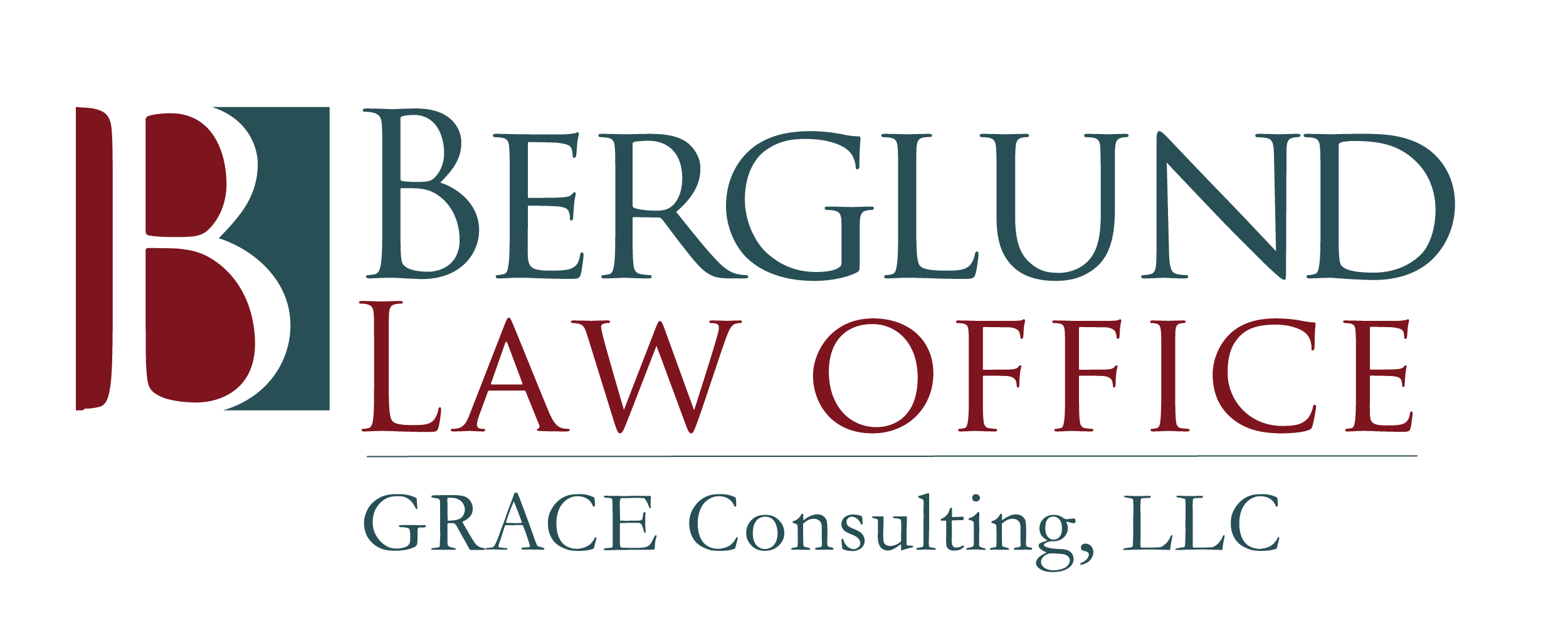
Estate planning has always been a challenge for many people. The usual reasons for procrastination have taken a backseat this year to the new challenges of COVID-19. Perhaps unlike anything most of us have ever experienced, the world has changed right before our eyes in the year 2020.
By early March of this year, most of America was hearing every day about “superspreading” of this new virus and daily death counts unlike anything in our lifetimes. It was not surprising to see widespread irritability, burnout, anxiety, depression, fatigue, stress and fear from this frightening new phenomenon.
A health tracking poll from Kaiser Family Foundation earlier this year showed that about 40% shared that worry or stress related to COVID-19 has had a negative effect on their mental health. Most of us are able to cope with both good news or bad news to a certain extent. But uncertainty and the unknown drive many of us deep into anxiety and fear.

Because so many people are wary of even leaving their homes this year, estate planning has become even more difficult than usual. Even though consultations and much of the planning and work involved can be done over the telephone and via Zoom and Skype, the majority of people have elected to just “sit tight” this year.
Even though most of us realize we SHOULD be doing our wills, trusts, powers of attorney and health care directives RIGHT NOW, fear and anxiety are keeping a lot of people hiding this year. If you can pick up the phone and contact a local estate planning expert, you may find that taking care of the following basics will give you the peace of mind you are craving in these strange times–

HOW TO OVERCOME FEAR AND START PLANNING YOUR ESTATE
- Create some stability and certainty in your life: If you or a loved one becomes incapacitated and have not done the proper planning, you will be guaranteed a very rough time dealing with normal issues that arise. You can save your family from the confusion, doubt and expense that frequently results from these situations without having the proper documents (such as powers of attorney) in place.
- Avoid making everything public: By using a living trust, you can easily keep your private matters out of the public eye. If you rely on a will, or worse yet do nothing, your family will face the expense, time delays and public scrutiny of a probate proceeding. In addition, because of the notice requirements, probate can also invite controversy and conflict which private transfers can avoid.
- Help unify your family: By involving your loved ones in your planning process, you can in many cases avoid family arguments and show your family how much you care about them. By dealing with these sensitive matters ahead of time you can often avoid misunderstandings and hurt feelings down the road.
- Estate planning is not just about the money: In many cases, comprehensive planning can address issues that are important to you sch as what will become of your valuable possessions, family heirlooms, and precious collections. Proper planning can help preserve important memories and intellectual property you want to make sure your beneficiaries receive. You may want to make you’re your photos, art, videos or audio files of family stories will be shared with future generations. Proper planning can help you leave a legacy that passes your core values on to your descendants.
